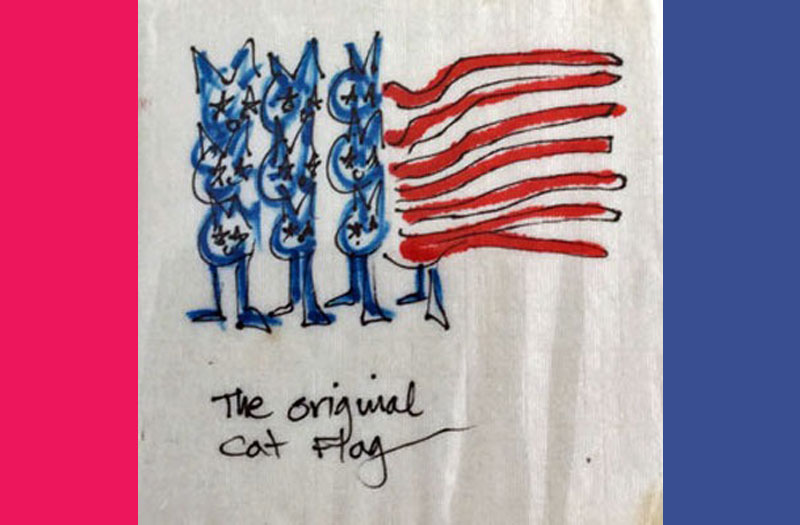[Click on BLUE links for sources and information]
“We hold these truths to be self-evident, that all men are created equal, that they are endowed by their Creator with certain unalienable Rights, that among these are Life, Liberty and the pursuit of Happiness.” Thomas Jefferson, Declaration of Independence
It has been said that governing in a Democracy is a bit like herding cats–lots of different people with their independent views that must be brought together. That used to be true both inside and outside the major political parties. Today, while the Republicans march in lockstep behind their President the Democrats have retained their cat-like characteristics. Unfortunately, the divisions in America have been increasing to the point where one wonders if democracy is still viable. Tribalism has been cited by some as an insurmountable problem.
Think in the Morning is not ready to throw in the towel on democracy or on America. We like many have been concerned, even depressed, and at times we have let our pessimism get the best of us. But, the fact is that we in America, all of us, have been given a gift. We have a choice. We can toss that gift out with the trash and return to the age of kings and dictators and tyrants or we can figure out how to share that gift and build on it. Learning how to share and build on that gift is, in a nutshell, what it means to be an American.
What holds and constitutes America is a body of myths. We each interpret these myths differently. Most Americans believe them, some do not, but all revere them. We all tell ourselves stories in an attempt to understand who we are. The PBS movie, American Creed, is the best answer Think in the Morning has been able to find to this question what does it mean to be an American and how can we honor our gift of democracy?
To watch the full movie (55 minutes) CLICK HERE. We sincerely hope you will watch it and share it. In the introduction to the film PBS explains:
Condoleezza Rice and David M. Kennedy team up across party lines to explore whether there are ideals we share in common. Stories of unlikely activists including baseball manager Joe Maddon, author Junot Diaz and Marine Tegan Griffith show communities striving to come together across deep divides.
Think in the Morning admits that we nearly lost our faith in the American Creed. This short film was instrumental in restoring that faith. As you will see near the end of the film, it is being aired in schoolrooms throughout the country leading to important and necessary discussions. Especially during this time where so many are questioning the impacts of immigration, this film reminds us that we are a country of immigrants each with a unique and important story.
It doesn’t matter where you came from, it matters where you’re going. Condoleezza Rice
The American Creed movie convinced us at Think in the Morning to stop whining about the current state of affairs. It’s time to “get busy living or get busy dying.”
American Creed is a movie you should watch if you care about the gift of democracy and if you want to preserve it. It’s not a political thing or an economic thing or anything other than a good description of what America is about. Tell your friends and your enemies both to watch it. And your children. Better yet, watch it together with them. Fifty-five minutes will confirm why Americans have more in common than you think and why our country, never perfect and in spite of our missteps, muddles through rather like Sisyphus in that great essay by Camus.
“I leave Sisyphus at the foot of the mountain. One always finds one’s burden again. But Sisyphus teaches the higher fidelity that negates the gods and raises rocks. He too concludes that all is well. This universe henceforth without a master seems to him neither sterile nor futile. Each atom of that stone, each mineral flake of that night-filled mountain, in itself, forms a world. The struggle itself toward the heights is enough to fill a man’s heart. One must imagine Sisyphus happy.” Albert Camus, The Myth of Sisyphus


Sorry David, that opening graphic was drawn by Jack Haye, his signature style.
Max
Yes, watch the movie. And then go live it. As the kid in Oakland said, “Work your butt of to help.”
What is sad is that as you listen to most of the politicians running for president, you would conclude that none of them watched American Creed.